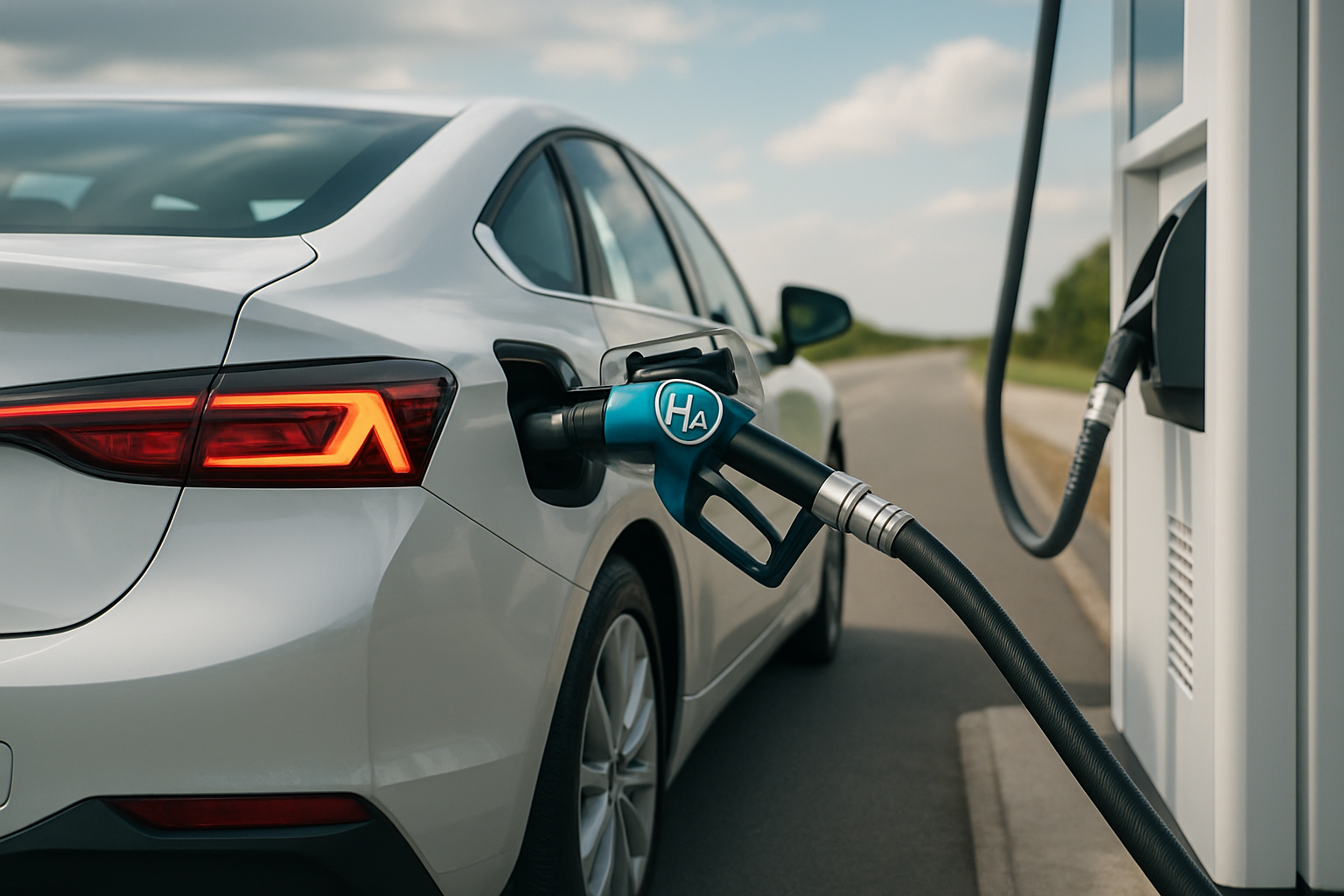Fuel Cards: A Smarter Way to Manage Fuel Expenses
Fuel cards offer a convenient and secure way for businesses to manage fuel expenses across multiple drivers and locations. With built-in tracking tools, spending limits, and detailed reporting, they make it easier to control costs, prevent misuse, and streamline accounting. Whether you operate a small local fleet or manage international logistics, understanding how fuel cards work can help you choose the right option for your company’s needs.

How Do Fuel Cards Work for Business Operations?
Understanding how fuel cards work is essential for any business considering this payment solution. Fuel cards function similarly to credit cards but are specifically designed for fuel purchases and vehicle-related expenses. When you apply for fuel cards, the provider issues cards linked to your business account, which drivers can use at participating gas stations and truck stops.
The process begins when a driver presents the fuel card at a compatible fuel station. The system prompts for additional information such as odometer readings, driver identification numbers, or vehicle numbers, depending on your account settings. This data collection happens automatically at the point of sale, creating detailed transaction records that feed directly into your management system.
Most fuel cards operate on major networks, giving drivers access to thousands of locations nationwide. The card authorization process takes just seconds, and transactions appear in your online account management portal within hours, providing real-time visibility into fuel spending patterns across your entire fleet.
What Are the Key Benefits of Fuel Cards for Businesses?
The benefits of fuel cards for businesses extend far beyond simple payment convenience. Cost control represents the primary advantage, as fuel cards eliminate the need for drivers to use personal funds or petty cash for fuel purchases. This system prevents the administrative burden of processing expense reports and reimbursements while ensuring accurate record-keeping.
Detailed reporting capabilities allow fleet managers to analyze fuel consumption patterns, identify inefficient routes, and spot unusual spending behaviors. Many fuel card systems provide customizable reports that break down expenses by driver, vehicle, location, and time period, making budget planning and cost allocation much more precise.
Tax benefits represent another significant advantage, as fuel card statements provide the detailed documentation required for business tax deductions. The automatic categorization of fuel expenses simplifies accounting processes and ensures compliance with tax regulations.
What Security Features Do Modern Fuel Cards Offer?
Modern fuel card security features have evolved to address the unique challenges of fleet management. PIN protection serves as the first line of defense, requiring drivers to enter a personal identification number for each transaction. Some systems use driver ID numbers instead of traditional PINs, linking each purchase to specific personnel.
Purchase controls allow administrators to set spending limits per transaction, daily limits, or monthly caps for individual cards. Geographic restrictions can limit card usage to specific regions or states, preventing unauthorized use if cards are lost or stolen. Time-based controls restrict purchases to business hours or specific days of the week.
Real-time fraud monitoring systems automatically flag suspicious transactions, such as unusually large purchases, multiple transactions in short time periods, or purchases outside your designated service area. Instant alerts notify administrators of potentially fraudulent activity, allowing for immediate card deactivation if necessary.
How Should You Approach Comparing Fuel Card Providers?
When comparing fuel card providers, network coverage should be your primary consideration. Evaluate which gas stations and truck stops your drivers frequent most often, then ensure potential providers offer comprehensive access to these locations. National chains typically provide broader coverage, while regional providers might offer better pricing in specific areas.
Fee structures vary significantly between providers, including application fees, monthly maintenance charges, and per-transaction costs. Some providers offer fee-free options with volume commitments, while others charge flat monthly rates regardless of usage. Consider your expected transaction volume when evaluating fee structures.
Customer service quality becomes crucial when dealing with lost cards, disputed transactions, or technical issues. Look for providers offering 24/7 customer support, online account management tools, and dedicated account representatives for larger fleets.
What Provider Options Are Available in the Market?
| Provider | Network Size | Key Features | Estimated Monthly Fee |
|---|---|---|---|
| Shell Fleet Plus | 14,000+ locations | Volume discounts, detailed reporting | $0-5 per card |
| ExxonMobil Fleet Pro | 12,000+ locations | Real-time alerts, mobile app | $3-8 per card |
| BP Business Solutions | 7,500+ locations | Flexible spending controls, analytics | $2-6 per card |
| Comdata MasterCard | 95% of US stations | Universal acceptance, driver rewards | $4-10 per card |
| WEX Fleet Cards | 90% of US stations | Advanced reporting, maintenance tracking | $5-12 per card |
Prices, rates, or cost estimates mentioned in this article are based on the latest available information but may change over time. Independent research is advised before making financial decisions.
What Tips Help Maximize Fuel Card Savings?
Tips for maximizing fuel card savings start with choosing cards that offer volume discounts or rebates based on monthly spending levels. Many providers offer tiered pricing structures where higher volume purchases result in better per-gallon savings. Track your monthly fuel consumption to ensure you’re taking advantage of available volume discounts.
Negotiate with providers based on your expected usage patterns. Larger fleets often qualify for waived fees, enhanced rebates, or additional services at no extra charge. Don’t accept initial pricing offers without exploring potential discounts for committed volume levels.
Monitor fuel prices across your service area and direct drivers to stations offering the best combination of price and convenience. Some fuel card systems provide mobile apps showing real-time fuel prices at participating locations, helping drivers make cost-effective fueling decisions.
Regular analysis of fuel card reports can reveal opportunities for route optimization, identifying stations where your drivers consistently pay premium prices, and highlighting vehicles with declining fuel efficiency that might require maintenance attention.
Fuel cards represent a powerful tool for businesses seeking better control over vehicle-related expenses. The combination of detailed reporting, security features, and administrative convenience makes fuel cards an essential component of modern fleet management. By understanding how different providers compare and implementing smart usage strategies, businesses can achieve significant savings while streamlining their fuel expense management processes.




